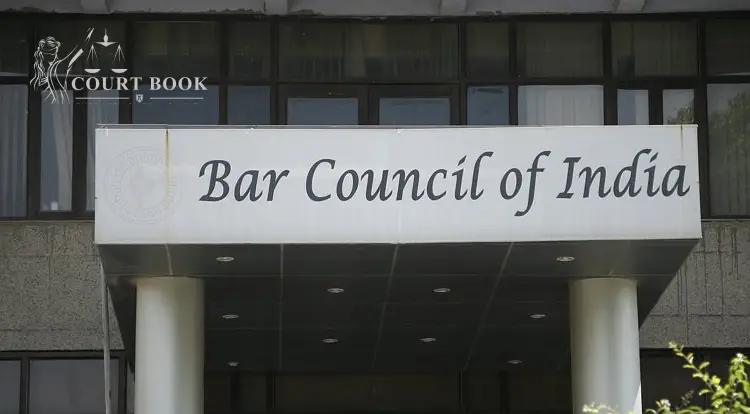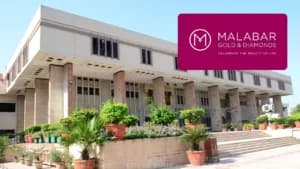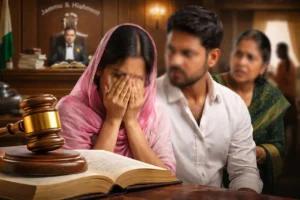The Delhi High Court, on March 18, 2025, issued a directive to the Bar Council of India (BCI) to immediately enrol a South Korean citizen, Daeyoung Jung, as an advocate within two days. The ruling came after the Court observed that there was no legal impediment to withholding his enrolment, given that there was no stay on the previous single-judge order favoring Jung.
A division bench, comprising Justice Prathiba M. Singh and Justice Rajneesh Kumar Gupta, emphasized:
"Under these circumstances, the enrolment shall be issued immediately to the Respondent No. 1 within a period of two days."
Background of the Case
The case stems from an appeal filed by the Bar Council of India against a single-judge order dated May 30, 2023, which had quashed BCI's decision that deemed Jung ineligible for enrolment as an advocate. The single judge had directed the BCI to process Jung’s application in accordance with the law. Following this order, Jung was issued enrolment and appeared for the All India Bar Examination (AIBE).
Read Also:- Delhi High Court Criticizes DGFT for Delayed DEPB License Cancellation
Jung’s legal representatives informed the Court that although he was initially shown as having passed the AIBE, his result was later withheld. Addressing this, the Court reaffirmed that since no stay was issued on the single-judge ruling, there was no justification for withholding Jung’s enrolment.
"This Court is of the opinion that in the absence of any stay which has been granted by this Court against the ld. Single Judge's judgment, withholding the enrolment of the Respondent No.1 would not be permissible."
One of the key aspects of the case revolved around the issue of reciprocity. The Bar Council of India had questioned whether South Korea permitted Indian citizens to practice law within its jurisdiction. The Court, however, clarified that South Korean legal provisions, including the Attorney-At-Law Act and the National Bar Examination Act, did not impose a nationality restriction on foreign lawyers practicing in South Korea.
"The learned Single Judge undertook a thorough examination of the applicable statutes under South Korean Law... and arrived at a conclusion that there exists no nationality bar disentitling Indian citizens, who are otherwise qualified, from practicing law in South Korea."
Read Also:- Punjab & Haryana High Court Upholds Fundamental Right to Trade in Hospital Relocation Case
This clarification was backed by official statements from the President of the Korean Bar Association and the South Korean Ministry of Justice, affirming that any qualified individual could take the bar exam and practice law in South Korea.
Reiterating its stance, the Delhi High Court instructed the BCI to comply with its order and grant Jung his enrolment without delay. The Court scheduled the next hearing on the matter for March 28, 2025, stating:
"Under these circumstances, the enrolment shall be issued immediately to the Respondent No. 1 within a period of two days."
The Court made it clear that no adjournments would be permitted on the next hearing date.
This ruling sets a significant precedent regarding the enrolment of foreign nationals as advocates in India. It reinforces the principle that as long as Indian lawyers are allowed to practice in another country, citizens of that country should not face discriminatory barriers in India. The case also highlights the importance of legal fairness, non-discrimination, and adherence to international legal principles.
Title: BAR COUNCIL OF INDIA v. DEAYOUNG JUNG AND ANR















